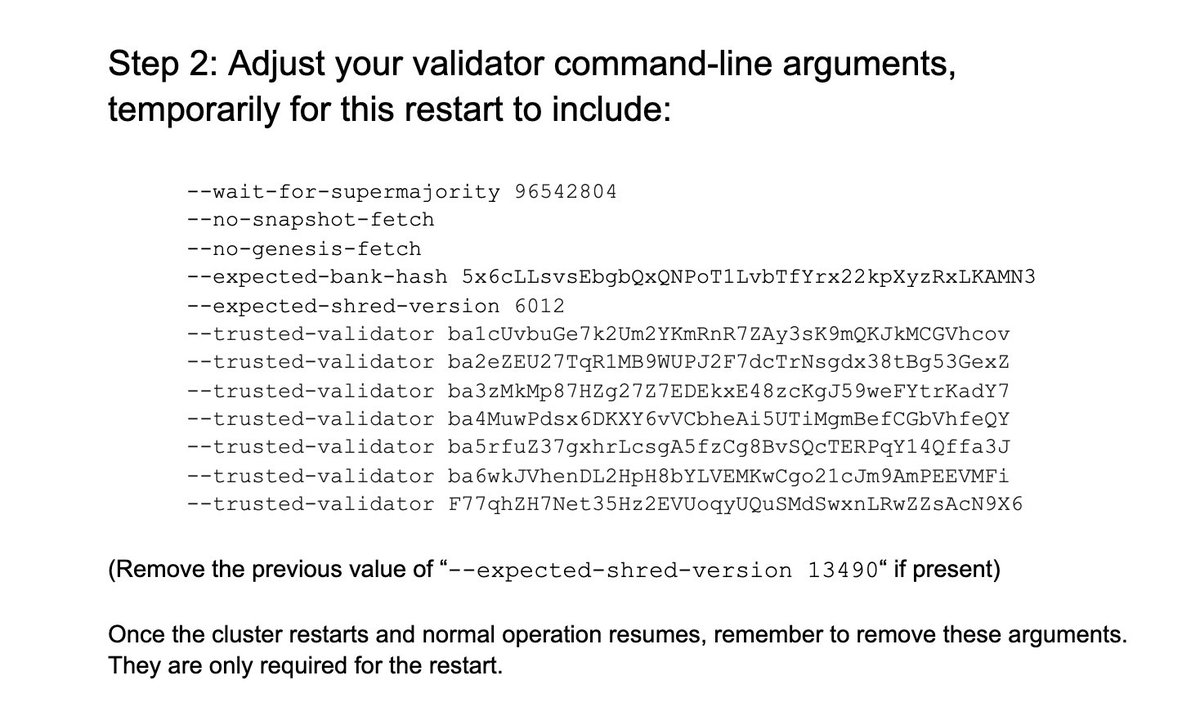
1/ Climate activist arrested after ProtonMail discloses the IP address.
An interesting case for privacy and why this is significant: A decentralisation and #infosec thread.
Put on your Guy Fawkes masks now.
👇👇👇
An interesting case for privacy and why this is significant: A decentralisation and #infosec thread.
Put on your Guy Fawkes masks now.
👇👇👇
2/ "@ProtonMail received a legal request from Europol through Swiss authorities to provide information about Youth for Climate action in Paris, they provided the IP address and information on the type of device used to the police"
4/ The original Twitter thread here by @tenacioustek
https://twitter.com/tenacioustek/status/1434604102676271106
5/ ProtonMail states
"By default, we do not keep any IP logs"
This does not mean ProtonMail does not disclose your IP and in fact they did, for a petty crime.
"By default, we do not keep any IP logs"
This does not mean ProtonMail does not disclose your IP and in fact they did, for a petty crime.
6/ Any company can be enforced by a local court, in this case, it is the court of Switzerland.
7/ What does make this interesting and what makes ProtonMail the villain of this story?
👇👇👇
👇👇👇
8/ If you are a privacy-oriented company people expect you will put up a fight for privacy. Looks like ProtonMail just handed over the information.
9/ Furthermore, climate activism is, albeit break laws, a common cause anyone can relate to. We all are going to die if the status quo continues. Only climate activism might keep us alive.
10/ The crime was not several - no one was in danger, not even close
"The technology was used for good (by the standards of some society members), but the Western government counteracted with evil."
https://twitter.com/tenacioustek/status/1434604112470056969
"The technology was used for good (by the standards of some society members), but the Western government counteracted with evil."
11/ While Tor, Telegram, etc. are used by criminals, they are also used by freedom fighter, political activists, etc.
12/ The most famous case is from the last year. Nobody should be die, because Saudi Arabia decides to eliminate someone and legally get away with it.
en.wikipedia.org/wiki/Assassina…
en.wikipedia.org/wiki/Assassina…
13/ If you have studied history, it has always been the case that power corrupts and ultimate power corrupts ultimately. Checks and balances eventually get broken for
> 100 years timespans.
Thus, any honour system like ones Europol, FBI, etc. use are ripe for corruption.
> 100 years timespans.
Thus, any honour system like ones Europol, FBI, etc. use are ripe for corruption.
14/ Thus, any international police or computer honour-based system with the promise "Do not evil" will eventually fail, as the definition of evil will be redefined by those in power.
Another case, Belarus: "Let's get down that international flight so we can torture some people."
Another case, Belarus: "Let's get down that international flight so we can torture some people."
15/ And this is the main driver for censorship-resistant systems. Even if the US and the EU see cryptocurrencies dirty and a threat to the order of society, these systems are a larger threat for corrupted and authoritarian systems.
16/ We need to sacrifice some short term goodness to have long term goodness for more people.
The scope what is good is too long for this thread, but here is Immanuel Kant for you en.wikipedia.org/wiki/Critique_…
The scope what is good is too long for this thread, but here is Immanuel Kant for you en.wikipedia.org/wiki/Critique_…
17/ What the erosion of email, server provider privacy, such do mean for the future?
Can we solve this with blockchain?
Of course we can solve this with blockchain! (</slight sarcasm>)
👇👇👇
Can we solve this with blockchain?
Of course we can solve this with blockchain! (</slight sarcasm>)
👇👇👇
18/ Email, in its inception, has been insecure. The messages travel in plain text through multiple servers. Governments, telcos, your email operator, can intercept content and metadata (IP, your location)
19/ Even if you hide your IP address with Tor, there are tons of opportunities for government-sponsored actors to go after you.
- The IP address of your peers
- Email service providers you use
- Booby trapping the service provider
- The IP address of your peers
- Email service providers you use
- Booby trapping the service provider
20/ There has been attempted alternatives since 2013.
The first one was BitMessenger: en.wikipedia.org/wiki/Bitmessage
The first one was BitMessenger: en.wikipedia.org/wiki/Bitmessage
21/ BitMessage was too early. The fundamental building blocks for a decentralised open ended messaging were not yet even in academic research papers.
22/ Messaging needs short term storage.
Today, we know how to do decentralised storage in scale:
See
@arweaveteam
@storjproject
@Filecoin
Today, we know how to do decentralised storage in scale:
See
@arweaveteam
@storjproject
@Filecoin
23/ In fact, the first replacement for an email, which I could see be any successful in theory, is WaveMail from @arweaveteam
docs.arweave.org/info/tools/wea…
docs.arweave.org/info/tools/wea…
24/ The underlying problem is that while we can easily solve write once - read often style decentralised storage (content distribution networks e.g. files), it is harder to solve write once - read once because the scalability of message count.
25/ This is all this time.
Now back to my crappy instant coffee. No fancy coffee shop this morning. This is an unpaid product recommendation.
Ps. If you know of any climate funds that accept crypto please reply to this message and I will spread the word.
Now back to my crappy instant coffee. No fancy coffee shop this morning. This is an unpaid product recommendation.
Ps. If you know of any climate funds that accept crypto please reply to this message and I will spread the word.
• • •
Missing some Tweet in this thread? You can try to
force a refresh





